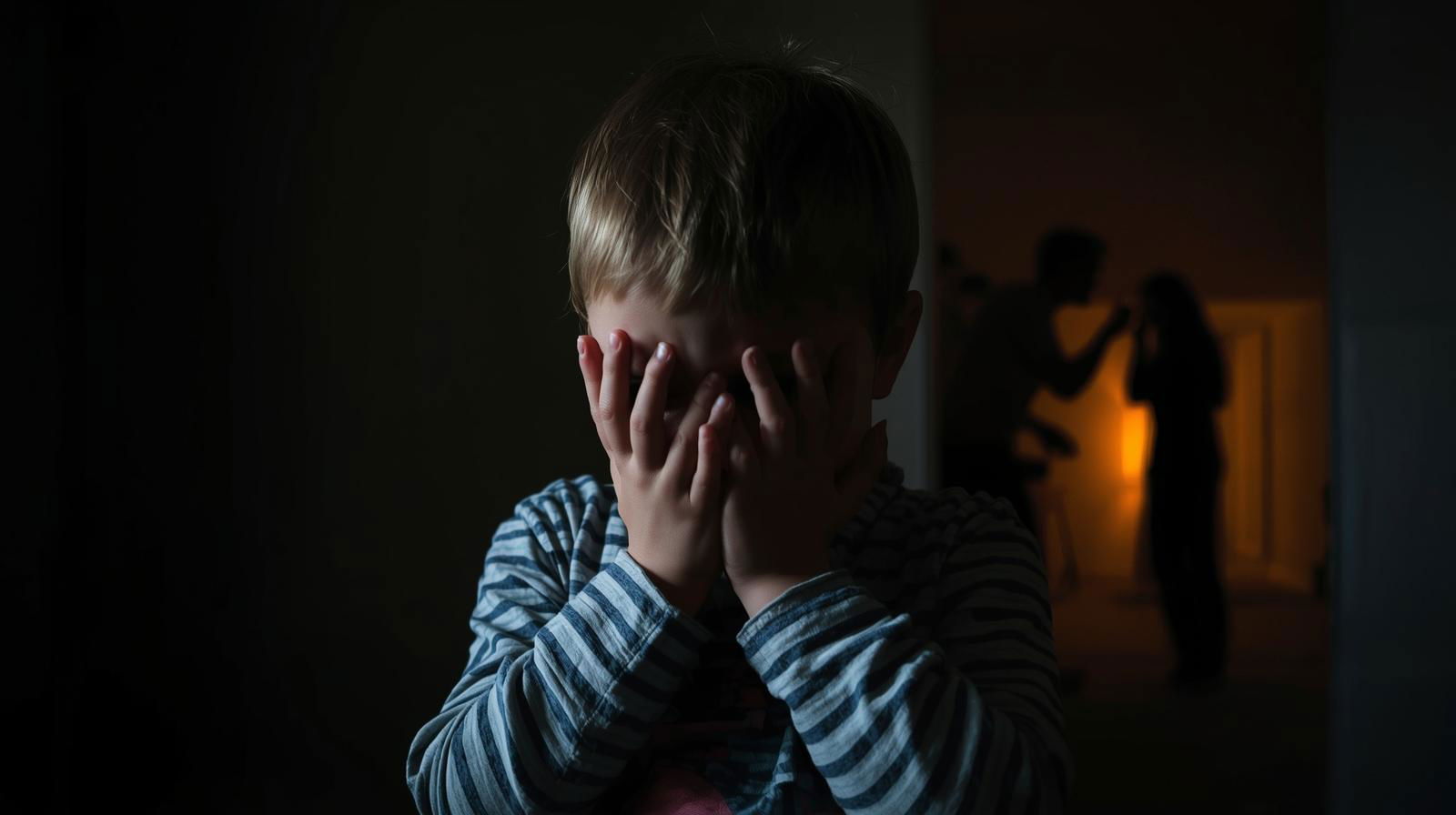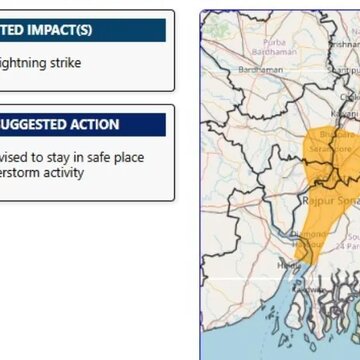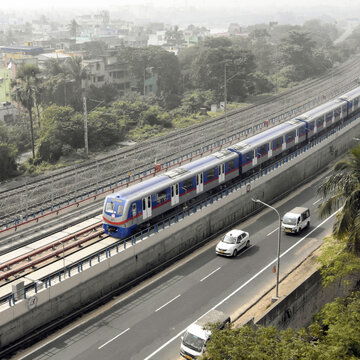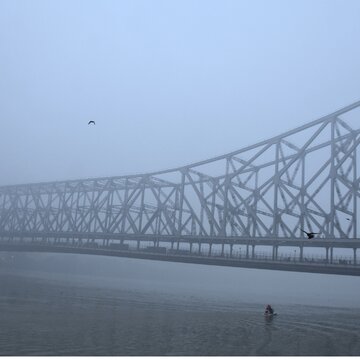When the distance grows in the relationship between parents, minor children suffer the most. Yet, there has historically been no clear legal framework available to resolve conflicts about them.
In response to this issue, Dr Ratul Ray and Arijit Mitra, representing the Kolkata-based organisation 'Ayushman Initiative for Child Rights', filed petitions in the Calcutta High Court in 2021 and 2022. They were later joined by an institution named 'Antara'. These petitions demanded the publication of guidelines aimed at safeguarding children's welfare in the wake of parental discord.
Each petitioner presented a template based on the 'Child Access and Custody Guidelines and Parenting Plan' proposed by the Maharashtra Child Rights Foundation in 2014. On July 19, 2022, the division bench led by then-Chief Justice Prakash Shrivastava instructed the Rules Committee to address this matter.
Following the submission of the Rules Committee's recommendations, the division bench headed by current Acting Chief Justice Soumen Sen preliminarily accepted them, directing their publication on the High Court's website.
Key Guidelines
Equal Guardianship: Emphasis on maintaining the child's relationship with both parents for the child's well-being. Importance is also placed on the child's connection with grandparents, uncles, aunts, and other relatives
Swift Timeline: Mandatory scheduling of temporary visitation within a week of case summons, and final decision within 60 days
Regular Contact: If the child resides with the mother, rights include weekend overnight stays and time spent with the father on weekdays, holidays, and festivals (vice versa if the child lives with the father)
No Court Premises: Meetings with children must occur only in amicable settings, not within court premises
Special Observer: The court may appoint a psychologist, social worker, or close relative as a special observer to oversee visitations
Penalties for False Accusations: Stringent measures, including potential custody, against those making false allegations of child abuse
International Context: Provisions for online visitation and holiday custody arrangements if the custodial parent resides abroad
Contingency Plans: Arrangements for grandparental care, other relatives, or foster homes under strict supervision if both parents are deemed unfit
90-Day Limit: Court applications must be made within 90 days of visitation obstruction, lest the court presume a lack of goodwill from the concerned party
Weekly Custody Rotation: Children may alternate weeks between parents, always prioritizing the child's welfare
Mental Health Considerations: Courts may order psychological evaluations if any party is suspected of exerting undue mental influence on the child
The implementation of these guidelines is expected to bring positive changes in children's emotional and social development and potentially reduce prolonged legal battles over custody between couples.










